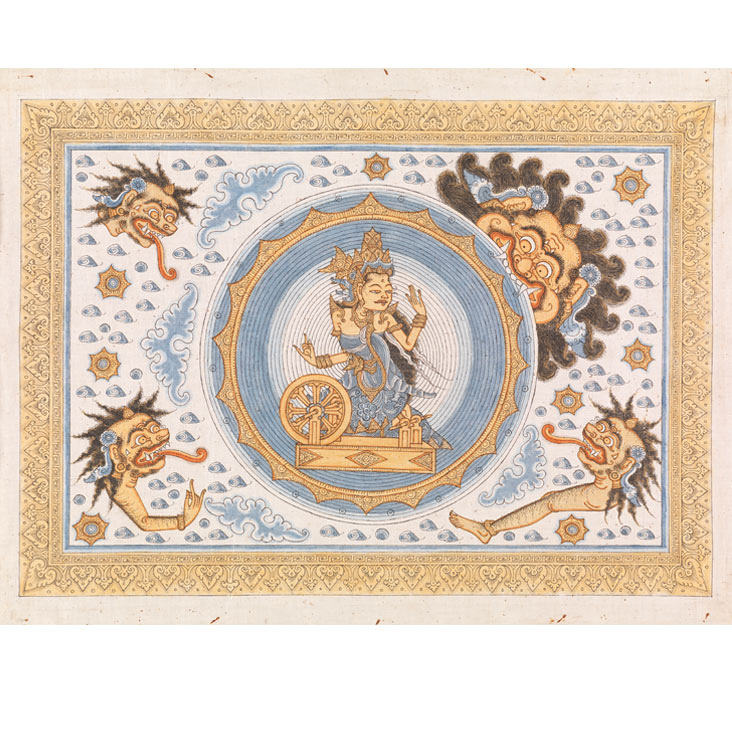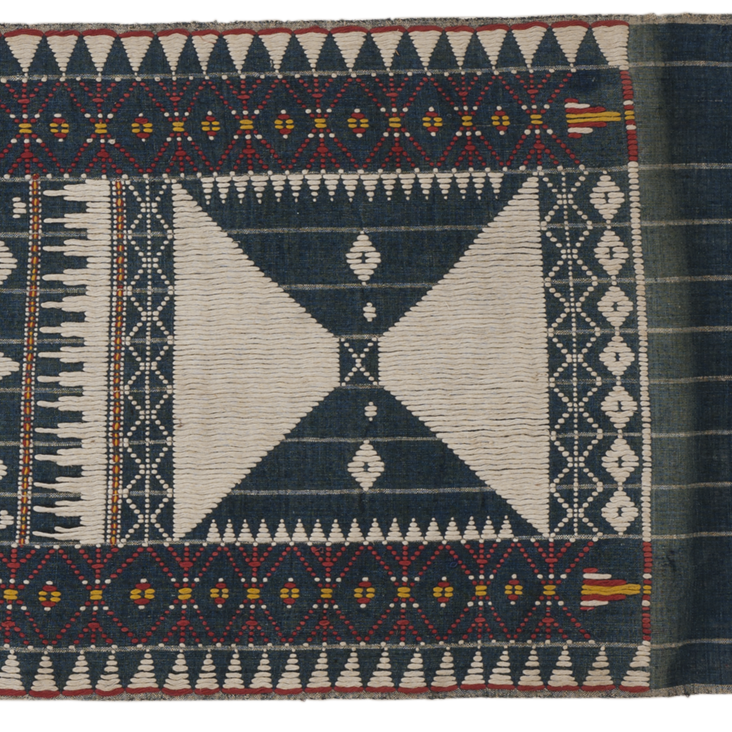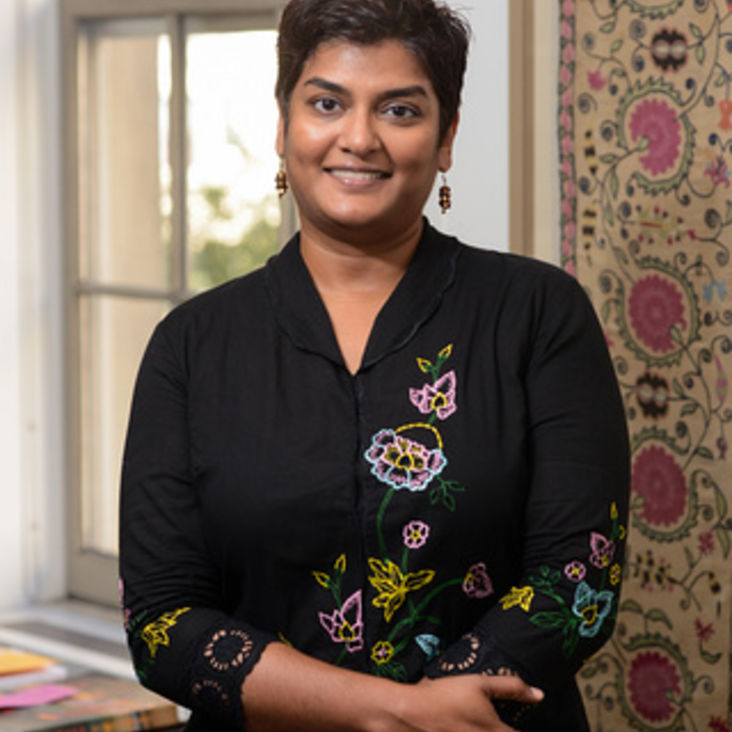The Bard Graduate Center Gallery produces multiple exhibitions and publications each year, serving as a vital center of learning and a catalyst for engagement in the interrelated disciplines of decorative arts, design, and material culture. The gallery is celebrated in the museum world for its longstanding legacy of landmark projects dedicated to significant—yet often understudied—figures and movements in the history of decorative arts and design; these exhibitions and publications typically represent the definitive intervention on the artists and objects they investigate. BGC Gallery is also committed to generating and supporting a vast range of diverse presentations, small and large, that challenge traditional approaches to object inquiry; these examinations of material culture explore the human experience as manifest in our creation and use of “things” of all kinds. Whether originating in internal research and expertise, or in collaboration with external subject specialists, these endeavors prioritize rigorous scholarship while seeking to adhere to the field’s highest standards in production and design.










.jpg,732x732,c)





















